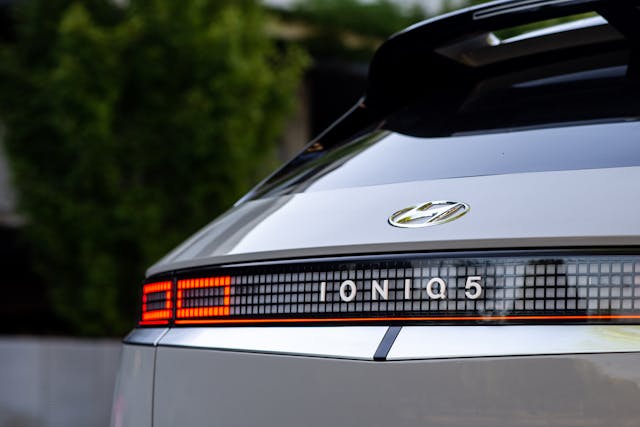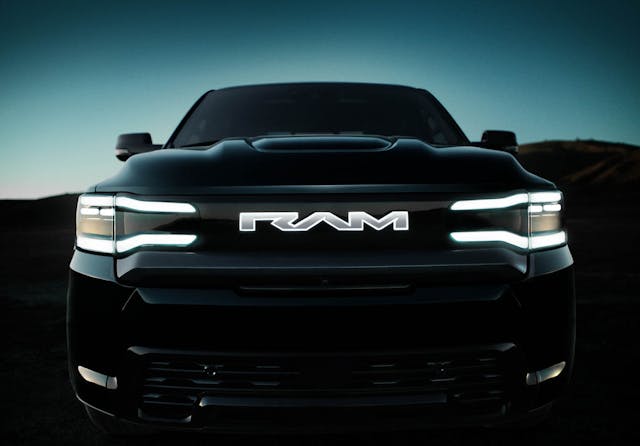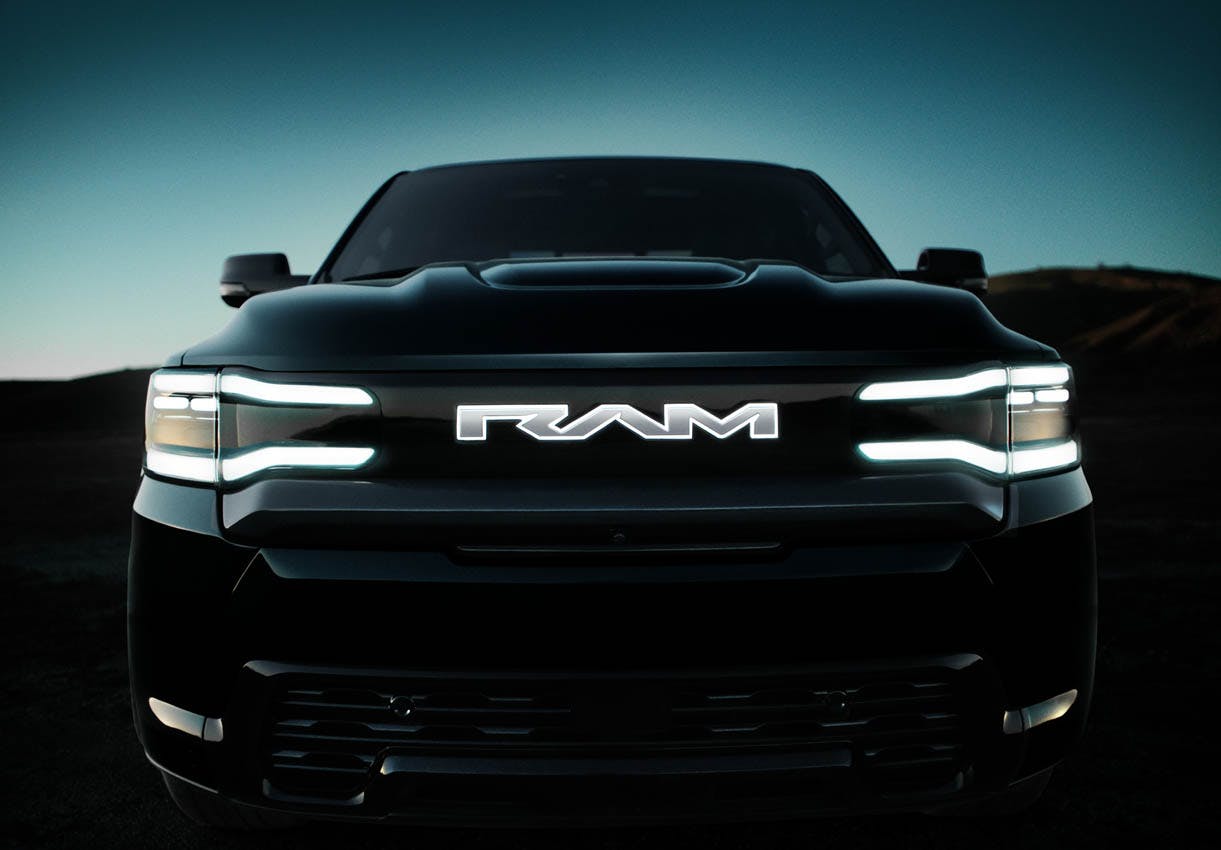Media | Articles
7 car companies join to build 30K EV chargers for North America
Seven of the world’s top automakers—BMW Group, General Motors, Honda, Hyundai, Kia, Mercedes-Benz, and Stellantis—are creating a joint venture to build up at least 30,000 EV chargers in North America, creating what they are calling a “best in class” charging network. The first stations are scheduled to open in the summer of 2024.
The joint venture, which “aims to become the leading network of reliable high-powered charging stations in North America,” will leverage public and private funds. The new charging stations will be accessible to all battery-powered electric vehicles from any automaker using Combined Charging System or North American Charging Standard (aka, the one Tesla uses and that others are rapidly adopting) and are expected to meet or exceed the requirements of the U.S. National Electric Vehicle Infrastructure program.

In line with the sustainability interests of all seven automakers, “the joint venture intends to power the charging network solely by renewable energy.”
Focused on customer comfort and charging ease, the stations will be in convenient locations offering canopies wherever possible and amenities such as restrooms, food service, and retail operations either nearby or within the same complex. A select number of flagship stations will be equipped with additional amenities, “delivering a premier experience designed to showcase the future of charging.”

Initial plans call for the deployment of charging stations in metropolitan areas and along major highways, including connecting corridors and vacation routes, aiming to offer a charging station wherever people may choose to live, work, or travel. The functions and services of the network will allow for seamless integration with participating automakers’ in-vehicle and in-app experiences, including reservations, route planning and navigation, payment applications, and more.
Marketplace
Buy and sell classics with confidence
As more electric vehicles are introduced and the rate of consumer adoption increases, the demand for fast and reliable public charging grows in parallel. According to the U.S. Department of Energy, as of July 2023, there are 32,000 publicly available DC fast chargers in the United States for use by 2.3 million electric vehicles, a ratio of 72 vehicles per charger. The National Renewable Energy Laboratory estimates that 182,000 DC fast chargers will be needed to support 30 to 42 million plug-in vehicles expected on the road by 2030.
Said GM CEO Mary Barra: “GM’s commitment to an all-electric future is focused not only on delivering EVs our customers love, but investing in charging and working across the industry to make it more accessible. The better experience people have, the faster EV adoption will grow.”

***
Check out the Hagerty Media homepage so you don’t miss a single story, or better yet, bookmark it. To get our best stories delivered right to your inbox, subscribe to our newsletters.













I’ll still race my 2001 Buick (or my 72 Skylark) with any EV Mpls to Omaha for slips. I get to pick the route.
Haven’t had any takers yet lol. Gasoline Forever! (tshirts for sale at Iola car show)
I believe it was a Car and Driver opinion piece at least 5 years ago that said Elon Musk’s endgame wasn’t caring if Tesla was a viable, significant or even continuing car manufacturer, that it was the supercharger infrastructure as the golden goose.
Seems like maybe, finally, someone with power in some car companies sees that logic?
Kind of like Ford (and others) trialing owning the rideshare fleet in select cities. Cuts various middle layers and provides a known stock of used vehicles. Make $ building a car and selling to dealer network… or make money renting out a car 24/7 for a few years or mileage target and then sell it…
It’s a move to the OEM’s being car services providers rather than automakers.
The industry is not seeing the logic it is the fact they are seeing the economics. May are adopting Tesla because the cost of building their own system is so high at a time they need the money for product to meet the government mandates.
As for ride sharing they are trying to head off the fact that we are in an era where many fewer Americans can afford a car. More can’t afford to maintain a car and this will only get worse as the cars get more expensive. Leasing and sharing will increase as few can pay the price of a ICE car let alone a EV.
Gm and others expected independent companies to come in and invest in the EV chargers but with the unstable nature of the technology billions invested this year could be rendered out dated with a changed in battery tech over night.
It would be like trying to replace gas pumps every year. A lot of cost involved and to top it off most buyers will be charging at home anyways.
This whole thing is going to get ugly and the real question is will the government blink? Cost are not coming down under Biden and people are still not sold on product. If we look at GM they are working to maintain two lines of cars ICE and EV till they have to give up on the one. In the mean time to meet MPG and emissions the engines are getting smaller and more complicated and expensive to keep them alive. GM is not making 3 cylinder turbo models because they want to. They are even investing in the V8 for trucks as they will keep the larger trucks alive as they will not be effected by the mandates as early.
This whole deal would go much more smoothly if Politics and activist were not pushing it.